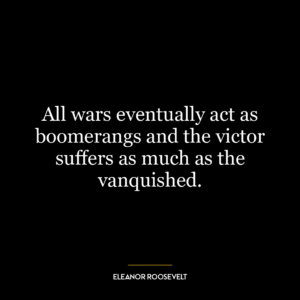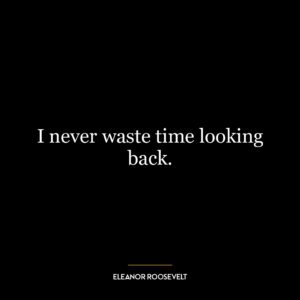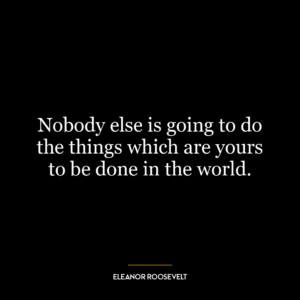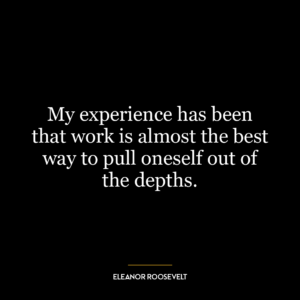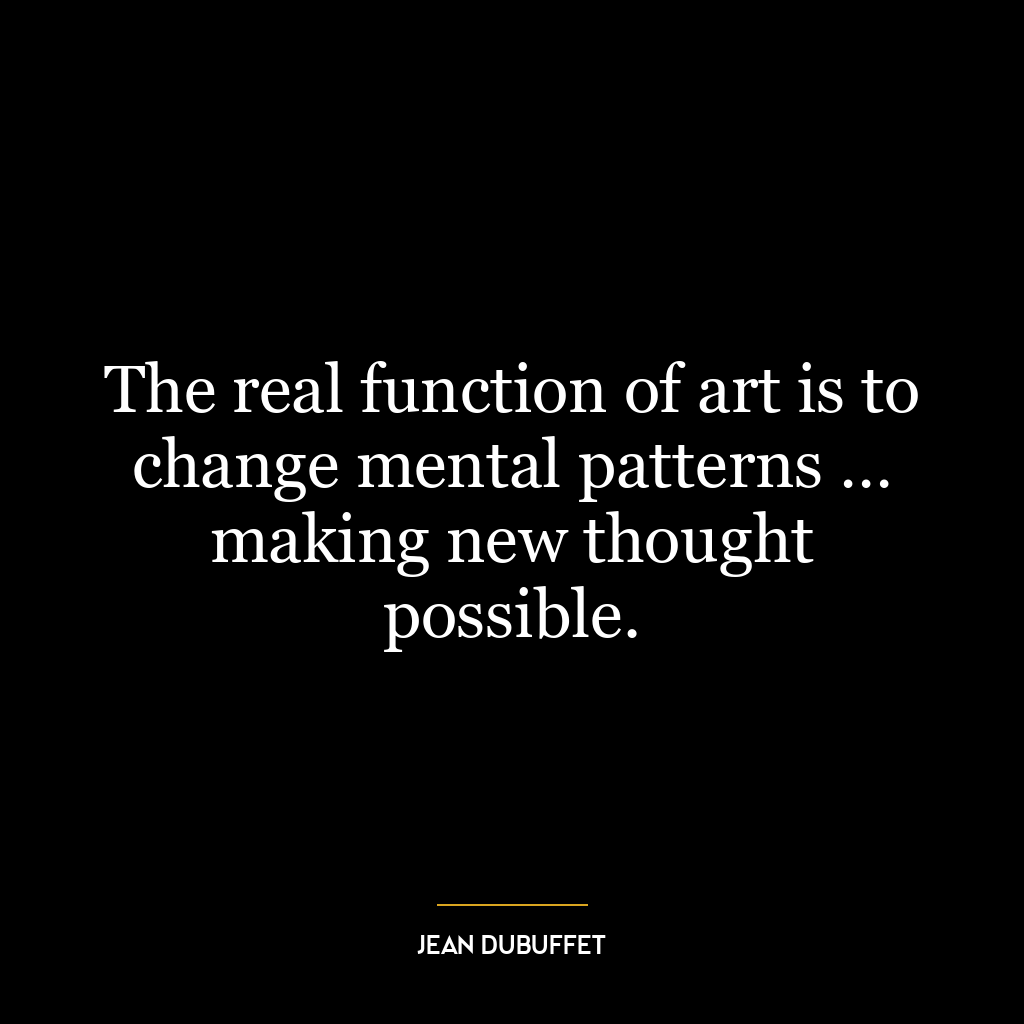Each generation supposes that the world was simpler for the one before it.
This quote suggests that each generation, when looking back, tends to believe that the preceding generation had it easier or simpler. It reflects a common human tendency to romanticize the past and underestimate the complexities and challenges that previous generations faced. The quote also underscores the reality that each generation confronts its unique set of challenges shaped by the socio-political, economic, and technological context of its time.
In today’s world, this idea is particularly relevant given the rapid pace of change and the emergence of new complexities. For instance, the digital generation may assume that life was simpler before the advent of technology. However, they may overlook the challenges of the pre-digital era, such as limited access to information, communication barriers, and slower pace of progress.
In terms of personal development, this quote can be seen as a reminder not to underestimate the trials and tribulations faced by others, particularly those from different generations. It encourages empathy and understanding, urging us to acknowledge that every era has its unique challenges.
Moreover, it can also be a nudge to adapt and evolve. Instead of yearning for a ‘simpler’ past, it is more productive to understand and navigate the complexities of the present and prepare for the future. After all, the ‘simpler’ past had its own set of challenges, and the future will bring new ones. So, it’s about learning and growing with each passing generation, rather than longing for an idealized past.




